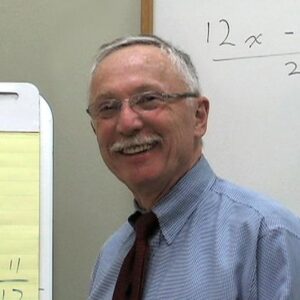Getting ready for my trip to Japan.
I have been invited by the Lesson Study Learning Alliance and Project IMPULS in Japan to spend 2 weeks visiting schools and engaging in workshops with Japanese and American mathematics educators focused on improving math teaching through Lesson Study.
I’ll be visiting classrooms and talking to Japanese educators. Spending a lot of time with Akihiko Takahashi, Tad Watanabe, and their colleagues. I’ll focus on three things in the classroom (although I’m sure I’ll change my mind once I see the real action):
- What student assets are Japanese teachers responding to? How do they respond? How do they use student assets to advance the learning and move the lesson along? The assets I’ll be looking for include:
- Mathematical content, concepts, ideas,
- Executive function and strategic practices
- Execution of calculations
- Reasoning with properties of operations, definitions, equivalence
- Correspondences across representations
- Student engagement, identity, agency, and belonging
- How do the Japanese teachers pace the lesson? How do they manage the dramatic unfolding of the lesson? How do they create curiosity and suspense early on, and how do they herd the students’ thinking toward the target mathematics of the lesson? When do they close an activity? What kind of implicit criteria do they use, other than the clock, for deciding when a particular part of the lesson is finished and it’s time to move on?
- How do Japanese classrooms manage differences among the students? How do they deal with the different interests, the different work paces, the different prior knowledge that students bring into the action? How do they manage these differences?
In addition to these three questions about instruction, I’ll be learning about how Japanese teachers, school leaders, and others improve the quality of math instruction.
- How does collaboration using Lesson Study improve instruction? How does it work? What are the benefits? The costs?
Each day, I’ll post in this blog what I’ve learned that day. I’ll also reflect and muse with the help of my traveling colleagues and Japanese educators.
Next stop: Tokyo





